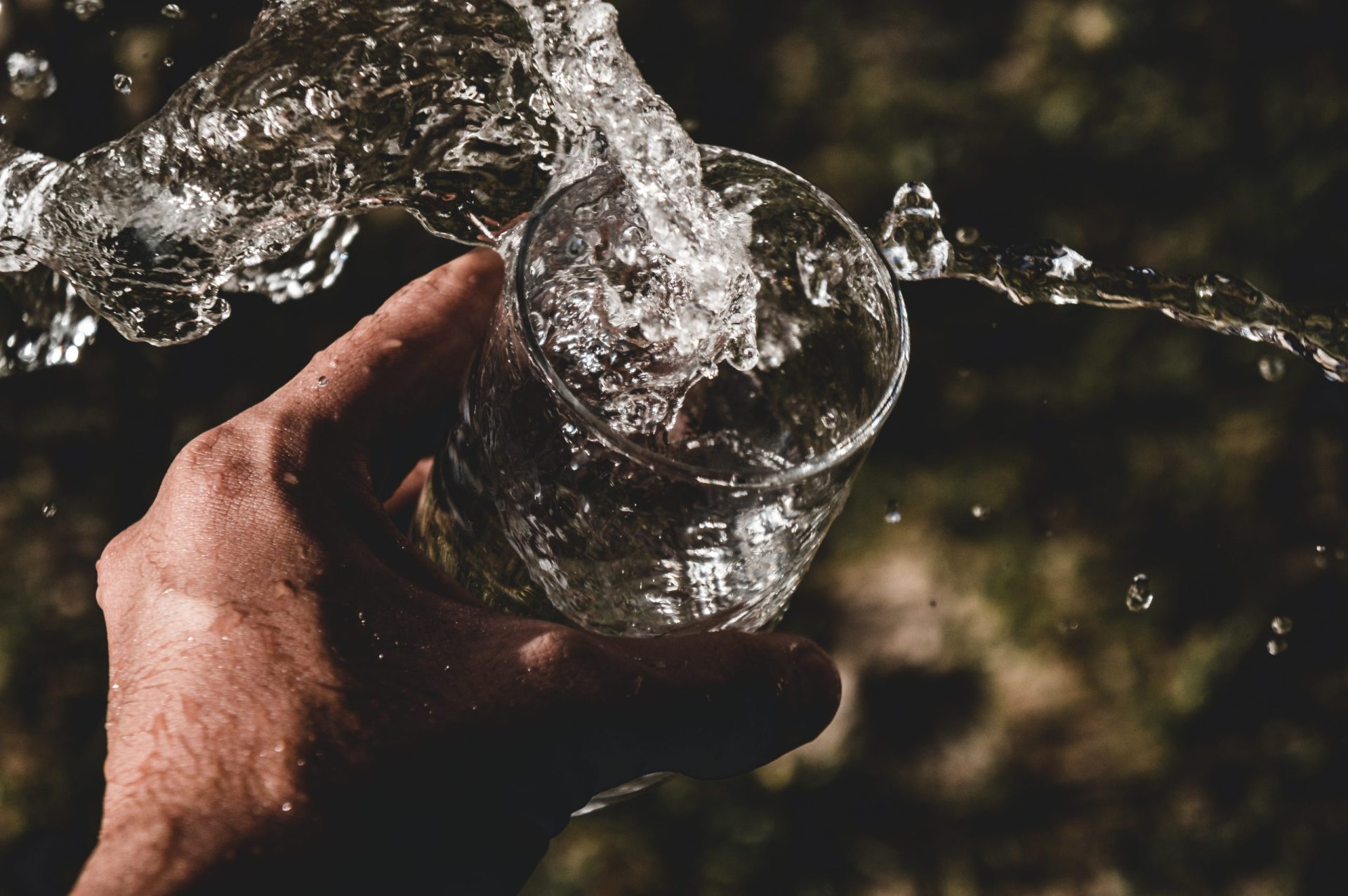- Empty cart.
- Continue Shopping
The Water Equation: How Much Do You Really Need?

The Importance of Water
Drinking water is not just a routine but a necessity for survival. However, the question of how much water one should consume daily has been a subject of debate. While there’s no one-size-fits-all answer, experts agree that individual water needs depend on various factors like body size, diet, metabolism, and general health.
Recommended Water Intake
There’s a range of opinions on the ideal daily water intake. The popular “8-glass rule,” which equates to approximately 2 liters, is easy to remember. However, some experts advocate for more frequent hydration throughout the day. The Institute of Medicine (IOM) suggests a daily fluid intake of 3.7 liters (about 15 cups) for men and 2.7 liters (11 cups) for women.
How to Gauge Your Hydration
One straightforward way to assess your hydration level is by examining the color and volume of your urine. Light-colored and ample urine usually indicates proper hydration. Additionally, if you find yourself going for long periods without urinating, you may be dehydrated.
Signs of Dehydration
Symptoms of dehydration can include:
- Thirst
- Dark yellow, strong-smelling urine
- Dizziness or lightheadedness
- Fatigue or irritability
- Headaches
- Dry mouth, lips, and eyes
Other Sources of Hydration
Besides water, you can also hydrate through fruits and vegetables. Watermelon, oranges, melons, and grapes are excellent sources of water. Vegetables like cucumbers, tomatoes, and carrots also contribute to hydration. While juices and sports drinks can hydrate, they often contain high sugar levels. Alcohol, on the other hand, is a dehydrator.
Can You Overhydrate?
Yes, excessive water intake can lead to electrolyte imbalances, such as hyponatremia, where sodium levels drop dangerously low. This condition is rare and usually occurs in individuals with specific disorders affecting water excretion.
In Summary
Water is essential, but the amount you need can vary based on multiple factors. Monitoring your urine and being aware of dehydration symptoms can help you stay adequately hydrated. Always consult healthcare professionals for personalized advice.








